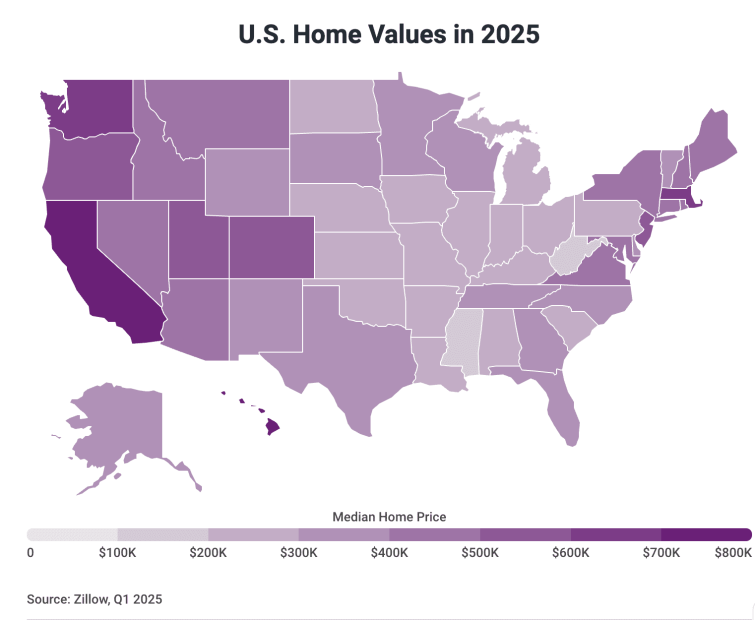**Tenant and Landlord Transactions: Managing Rent Payments and Collections**
In the realm of real estate, transactions between tenants and landlords constitute the foundation of rental agreements, shaping the interactions relating to rental properties and setting the standards for housing rights and duties. The processes of paying and collecting rent are crucial activities that not only characterize the relationship between tenants and landlords but also facilitate efficient occupancy and property administration.
**Making Rent Payments as a Tenant**
For tenants, comprehending the rent payment process is essential for sustaining a beneficial rental relationship. Consider these key points:
1. **Grasping the Lease Agreement:**
The lease agreement specifies terms related to rent, including the amount, due date, penalties for lateness, and accepted payment methods. It is essential to thoroughly review and understand these sections before signing to avert future complications.
2. **On-Time Payments:**
Following the set rent payment timeline is critical. Delayed payments can incur fees or penalties and could damage the tenant-landlord bond. Setting up reminders or automatic payments can assist in ensuring timely rent payment.
3. **Methods of Payment:**
Rent can be settled via various options, such as checks, electronic banking transactions, and online payment services. Selecting a secure and convenient method that suits both the tenant and the landlord can facilitate the payment process.
4. **Keeping Records:**
Documenting all rent payments is advisable. Retaining copies of receipts or electronic transaction records acts as evidence and can help clarify any issues that may arise.
5. **Open Communication:**
Should financial issues occur, prompt communication with the landlord often leads to a mutually satisfactory resolution. Landlords may provide flexibility or alternative payment solutions to tenants who engage in good faith discussions.
**Collecting Rent as a Landlord**
For landlords, efficiently gathering rent is crucial for sustaining cash flow and managing properties. Here are key factors to consider:
1. **Comprehensive Lease Agreements:**
A clear lease agreement detailing rent terms, amounts, due dates, and payment options is essential. It establishes transparent expectations and serves as a reference if disputes arise.
2. **Establishing Payment Options:**
Providing various payment options, such as online payments, direct bank transfers, or mobile payment applications, can ease the process for tenants to pay their rent promptly and minimize the chance of defaults.
3. **Regular Monitoring:**
Continuously tracking payments enables landlords to swiftly recognize late or missed payments. Adopting a systematic strategy to monitor and enforce payments can prevent minor issues from growing into larger problems.
4. **Addressing Late Payments:**
Creating a reasonable policy for dealing with late payments, including late fees or grace periods, can yield positive results. Clearly communicating these policies within the lease agreement helps tenants grasp the repercussions of late payments.
5. **Tenant Engagement:**
Fostering a positive rapport with tenants can motivate timely payments and encourage open dialogue. Promptly and fairly addressing tenants’ concerns can nurture a collaborative living atmosphere.
6. **Legal Obligations:**
Landlords must comply with local regulations pertaining to rental properties. Understanding tenant rights, such as notice periods and eviction processes, ensures adherence to the law and safeguards against potential conflicts.
Both tenants and landlords are integral to the rent transaction process. Shared understanding, clear communication, and dedication to fulfilling lease responsibilities are vital elements in upholding a successful tenancy. By becoming acquainted with the payment procedures and associated legalities, both parties can effectively manage rent transactions and enhance the rental experience.
